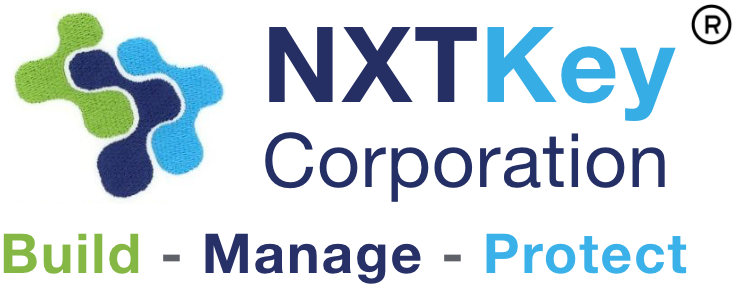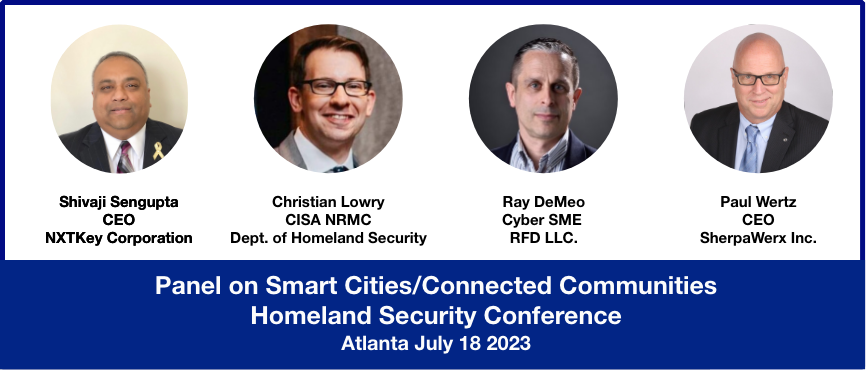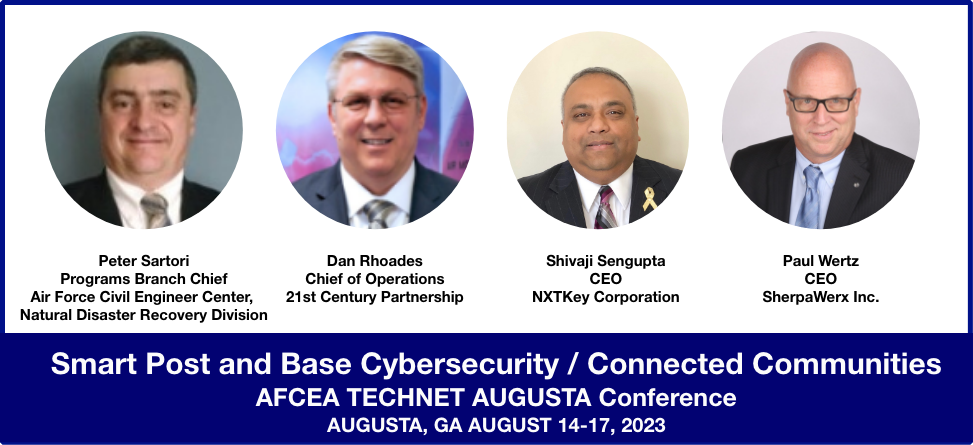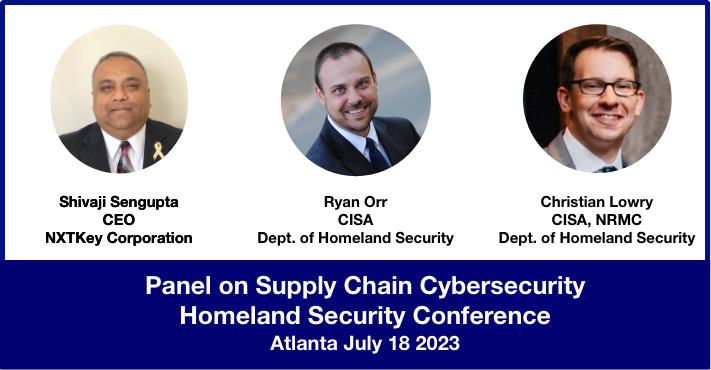
Smart City Cybersecurity
Smart cities are urban environments that use information and communication technology (ICT) to improve the quality and performance of urban services, reduce costs and resource consumption, and to engage more effectively and actively with their citizens. Examples of such services include city administration, education, healthcare, public safety, real estate, transportation, and utilities. They do this by leveraging connected technologies, sensors, data analytics, and other innovative methods.
Smart city cybersecurity refers to the collection of tools, policies, security concepts, security safeguards, guidelines, risk management approaches, actions, training, best practices, assurance, and technologies that can be used to protect a city’s infrastructure, data, and services, especially those that are interconnected and interdependent via the internet and other communication networks. Given this level of digital integration, cybersecurity becomes critically important for a variety of reasons which include Data Protection, Infrastructure Security, Privacy, Public Trust and National Security. Therefore, cities adopting smart technology must consider cybersecurity a key priority, investing in robust protection measures, security protocols, and ongoing monitoring systems to detect and respond to threats.
Related to this, the Department of Homeland Security (DHS) Cybersecurity and Infrastructure Security Agency (CISA) has rolled out the “Connected Communities” initiative that focuses on a comprehensive examination of the technologies in which 5G networks are intended to enable. Integrating a greater number of previously separate infrastructure systems into a single network environment expands the digital attack surface, increasing opportunities for threat actors to successfully exploit a vulnerability for initial access, move laterally across networks, and cause cascading, cross-sector disruptions of infrastructure operations.
The possible impacts due to these risks have prompted DHS CISA, through the National Risk Management Center (NRMC), to establish this initiative to develop, organize, and coordinate risk mitigation strategies relating to smart and connected technologies. Connected Communities represent an opportunity, especially for state and local governments, to improve the lives of their constituents through technological innovation and data-driven decision making. However, the increased reliance of critical infrastructure operations on converged information technology (IT) and operational technology (OT) systems to operate, could potentially lead to disruptions of service or critical processes, resulting in significant cascading impacts throughout U.S. critical infrastructure. More on this is available on https://www.cisa.gov/topics/risk-management/connected-communities
NXTKey, a leader in smart city solutions and its leadership is focused on bringing relevant knowledge and best practices in this practice area to the larger community through whitepapers and panel discussions like the ones below.
Contact us for more information:



